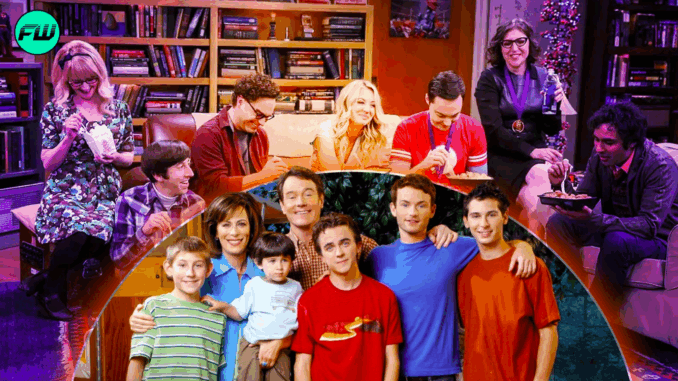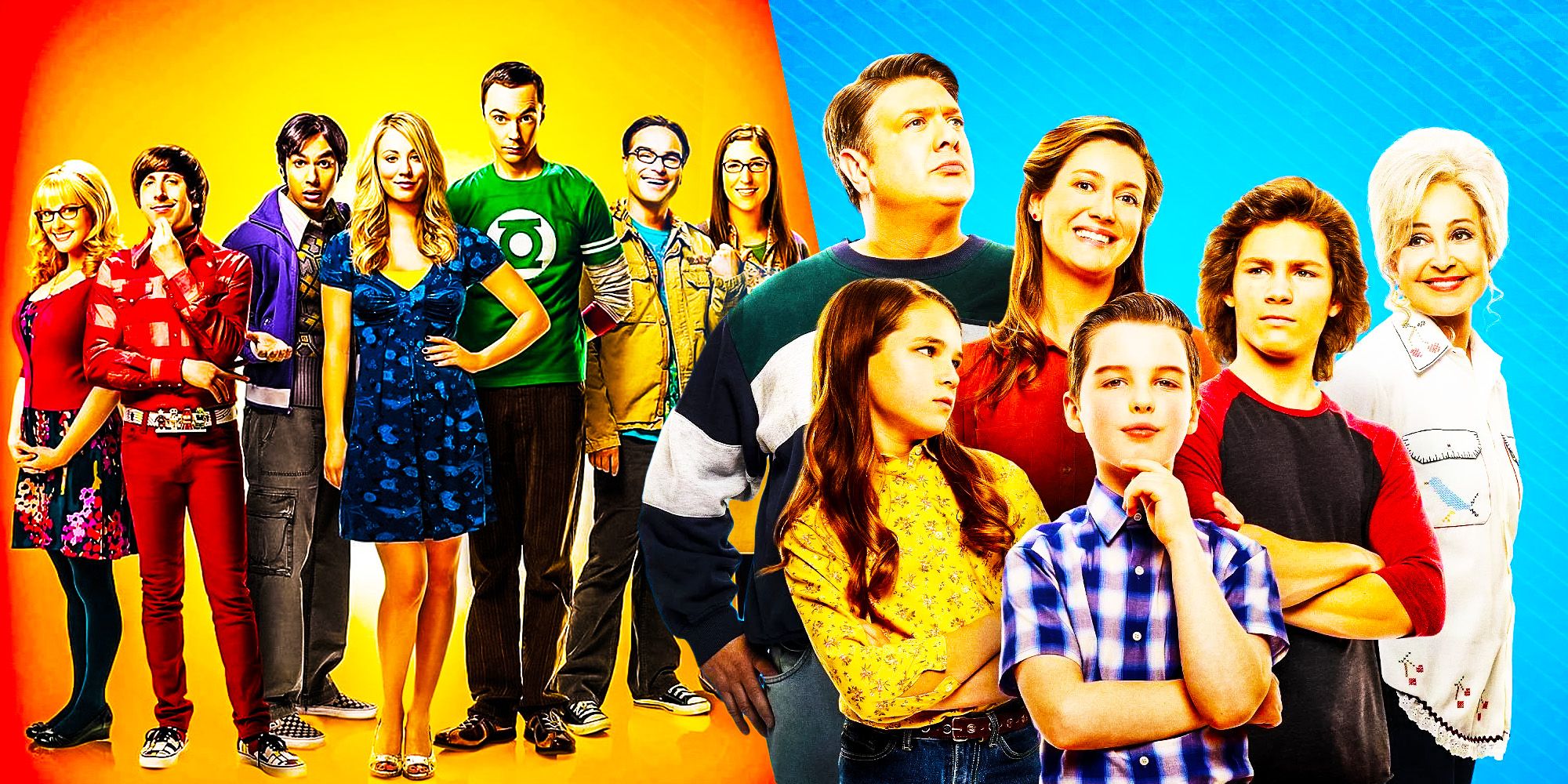
The Show That Redefined Nerd Culture
When The Big Bang Theory first premiered in 2007, few could have predicted that a show about socially awkward scientists would become one of the biggest sitcoms of the 21st century. But by the time it ended in 2019, the series had run for 12 seasons, racked up Emmy Awards, and became a global pop culture phenomenon. Today, in 2025, the show continues to enjoy massive popularity through reruns and streaming, with a growing fanbase that wasn’t even born when the first episode aired.
So what makes The Big Bang Theory so timeless?
Character Evolution: From Gags to Growth
At first glance, the show’s success might seem to rest on its geeky humor—comic book references, Star Trek quotes, and endless physics jokes. But what truly kept audiences hooked was the emotional depth that developed over time.
Sheldon Cooper (Jim Parsons), once known purely for his robotic demeanor and catchphrase “Bazinga!”, became a layered character who learned to navigate love, friendship, and vulnerability. Leonard Hofstadter (Johnny Galecki), the show’s reluctant everyman, found strength in his relationships, particularly with Penny (Kaley Cuoco), who herself transformed from “the girl next door” trope into a woman with ambition and self-worth.
Even Howard (Simon Helberg) and Raj (Kunal Nayyar), initially comic relief, were given space to grow. Howard matured through marriage and fatherhood, while Raj’s struggles with love and identity became more than just running jokes—they became points of empathy.
Penny and the Power of Unexpected Arcs
One of the most surprising—and celebrated—evolutions in the series came through Penny. Critics initially dismissed her as little more than a plot device, but over the years, she became a symbol of the show’s emotional heart. Her dynamic with Sheldon became particularly beloved, showcasing a platonic, almost sibling-like bond rarely explored with such care in sitcoms.
Kaley Cuoco’s performance brought a grounded charm to the ensemble, and by the show’s finale, Penny had arguably become the show’s true protagonist—balancing humor, strength, and complexity.
The Legacy of Laughs—and Science

The show never strayed far from its academic roots. In fact, its attention to scientific detail—thanks to real-life physicist consultants—was part of its unique charm. For many fans, especially those in STEM fields, The Big Bang Theory felt like a rare nod to their world.
The series also left a tangible mark: scholarships in science were created in its honor, and its influence even reached the International Space Station, where episodes were screened for astronauts. The balance between respecting science and poking fun at the quirks of academia was deftly handled.
Rewatches and Revivals: Why It Still Works
With the rise of streaming platforms like Max (formerly HBO Max), The Big Bang Theory has found new life. Younger audiences are discovering the show for the first time, while longtime fans rewatch episodes like comfort food. Its sitcom format, with self-contained episodes, makes it ideal for quick viewing—but the overarching story arcs reward binge-watchers.
The recent buzz around spin-offs like Young Sheldon and Georgie & Mandy’s First Marriage shows that the universe of The Big Bang Theory still has room to grow. Kunal Nayyar recently addressed revival rumors with his signature dry humor, admitting that it might be “too soon” legally—but left the door wide open.
A Show That Was Never Just About the Science
In the end, The Big Bang Theory thrived not just because it was funny—but because it was honest. It never mocked its characters for being different; it celebrated them. Whether you came for the nerdy references or stayed for the heartwarming relationships, the show made it clear: it’s okay to be yourself, no matter how eccentric.
And that, perhaps more than anything, is why The Big Bang Theory still matters.